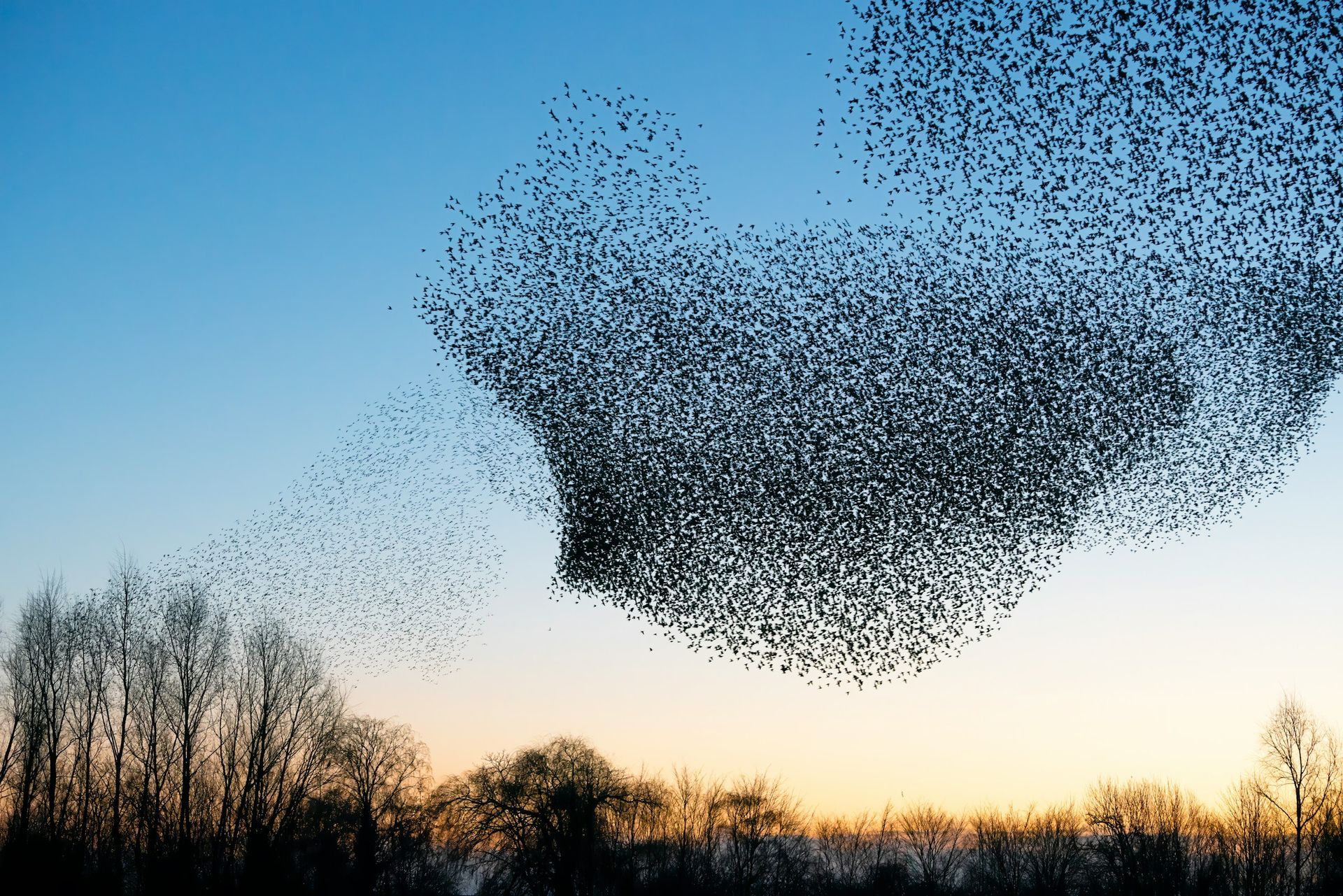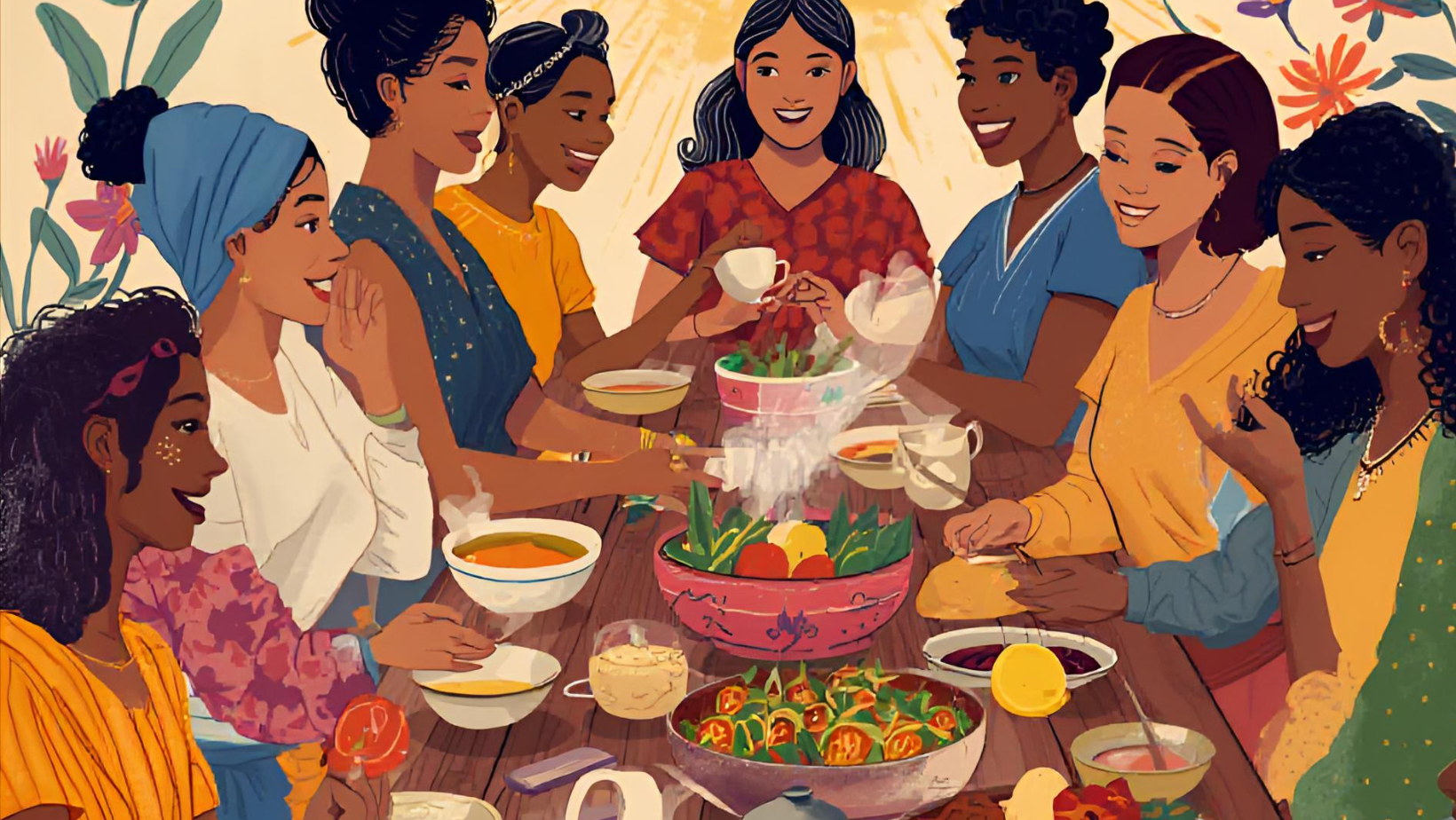Combating Islamaphobia
On 11 May 2017, IDEA hosted a conversation circle aimed at exploring Islamaphobia as a global justice issue, and moving the discussion from purely an intercultural question to a space where Development Education actors can play a role in tackling social injustice related to this issue. The following outlines the key points raised during the discussion with a particular focus on the role of DE.
Muslims are not a homogenous group but they are treated as one. The idea of a single 'identity' of Muslims is not a reality but a social construct. As a result all Muslims have to deal with the perceptions of others about 'all Muslims'. It can be difficult for Muslims themselves to speak out, as individuals find themselves in the role of 'spokesperson' for Muslims everywhere. In addition, individuals can experience a huge backlash in public fora or on social media. As a result, many Muslims shy away from the public sphere meaning that the dominant views related to Islamaphobia may not be challenged publicly.
Islamaphobia has gained a lot of media coverage recently but Muslims (or people who 'look like Arabs’) have been dealing with this issue since long before the election of Donald Trump. It really escalated after 9/11. While Muslim activists may welcome allies to tackle Islamaphobia, the question is: why it is becoming more of an issue for civil society now, when it hasn't really been for the past 16 years?
Recent political developments are providing a front/platform for those who held racist views in the past but wouldn't have necessarily acted on them. As a result there seems to be a rise in expressing Islamaphobic comments and actions.
Current anti-terrorism measures in the EU are also alarming. In the UK the PREVENT system requires that professionals such as teachers and healthcare workers report 'suspicious behaviour'. In France we are seeing an increase in the militarisation of the police. We all should be concerned about totalitarian policies and resist monitoring of our private lives by private companies and government. Even if you have 'nothing to hide' it's about defending everyone’s basic human rights.
In France, we are also seeing a reluctance of the extreme-left to tackle Islamaphobia as they are often aetheist and don’t want to be seen to 'defend’ any religion – including Islam or Muslim people. However, tackling Islamaphobia it is not about being drawn into an argument about Islam as a faith. There are so many different interpretations of Islam and differences of opinions. Just as we do not need to be experts in Judaism to combat anti-Semitism, we do not need to be experts in Islam to tackle Islamaphobia. It should be treated as racism and addressed as such. The current rhetoric of Islamaphobia is not just 'anti-immgrant'. It aims to dehumanise Muslims so that they become an enemy to destroy (before they “take over”).
The counter-narrative of exhibiting 'good Muslims' can also be damaging. This refers to occasions where well-meaning people and organisations go down the route of presenting examples of Muslims as “good people”. This can be patronising on the one hand. However it also suggests that while ‘good Muslims’ are deserving of respect and dignity, ‘bad Muslims’ are not. However Muslims are human beings like everyone else – they may behave badly, end up in prison, harm others. Just like everyone else they deserve basic human rights and dignity because they are human beings. They do not have to be grateful for being treated as such. For generations, immigrants have been forced to be grateful and well-behaved ('yes sir, no sir') and younger generations will not accept this role any longer.
The current global system we have is a result of the effects of European empires and interference in other countries over generations. On top of that, many people both in Europe and globally have lost out as a result of an unfair economic system. The failure of capitalism through the most recent economic crash is also based on a system of 'divide and conquer' of the population. We live in an increasingly individualised society where people feel they need to protect what they have from others. Not to forget, one of the most profitable industries in the world is the Arms trade which feeds and benefits from conflict in the many countries that current refugees and migrants are fleeing from. Examining the role of our capitalist economic system in current social issues – Islamaphobia, migrant crisis and rising isolationism – can be a good place to start for Development Educators.
The analogy of a house is useful when thinking about the world we live in. If the world is a house, and the Europeans are in the sitting room and maybe Syria is the kitchen, when there is a fire in the kitchen the whole house can smell it. The people in the sitting room need to act to help the people in the kitchen or the whole house will burn down. And the people from the kitchen will have to be accommodated in the sitting room until the fire is out and the place cleaned up. Refugees and migrants shouldn't be forced into feeling guilty or grateful about being hosted in other places. It's their world too. We are all interconnected and interdependent and as such we are affected by things happening in other parts of the world and should care about them. Promoting empathy is a key strength of Development Education.
If Islamaphobia, is a 'phobia' can it be treated by education and engagement? There is a strong role for non-violent communication and restorative practice in working with groups. Usually hatred comes from pain or anger about a person's own life.
Development Educators can do much to tackle Islamophobia. Critical thinking has a huge role to play in terms of education and action for social justice. This is something at the core of Development Education and a huge strength of the sector. The role of our capitalist system in the current context can be unpacked and examined in relation to Islamaphobia. Development Education – particularly within non-formal and community development settings – can also play a role in bringing people together in a safe space.
These are just a few examples of what Development Education can do in this context. If you have any ideas or resources relating to this topic please contact communications@ideaonline.ie








